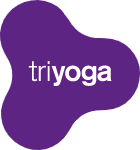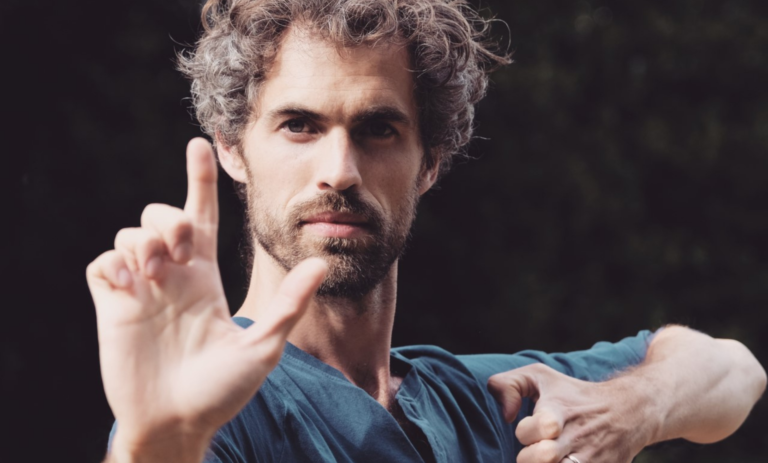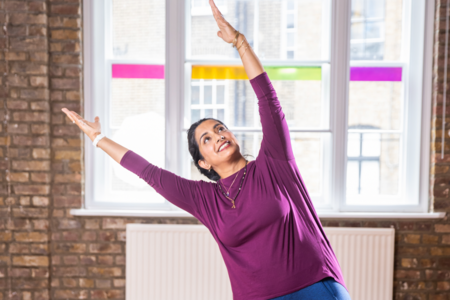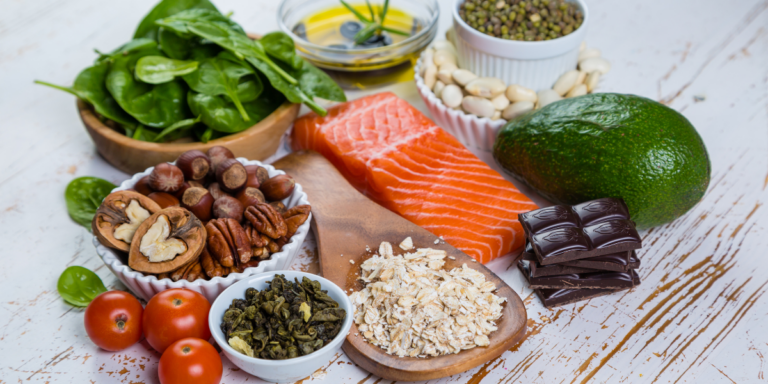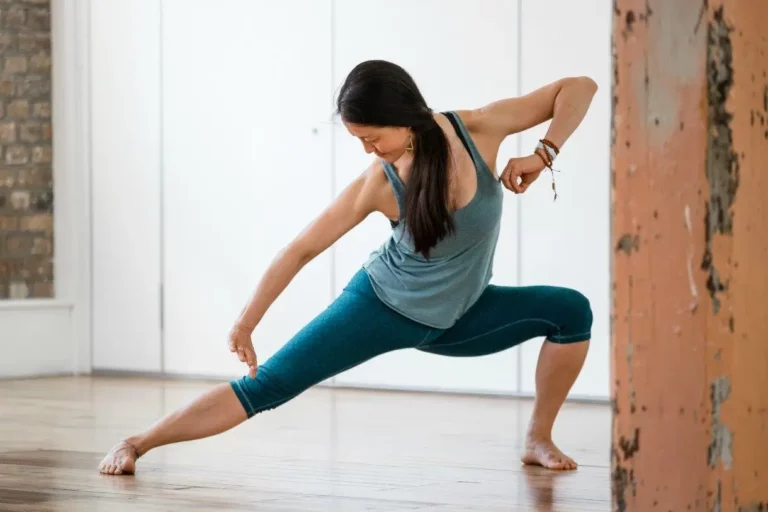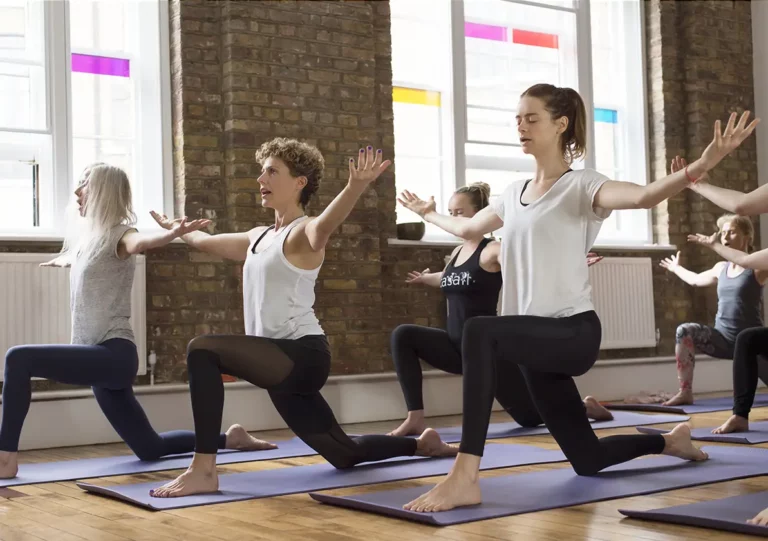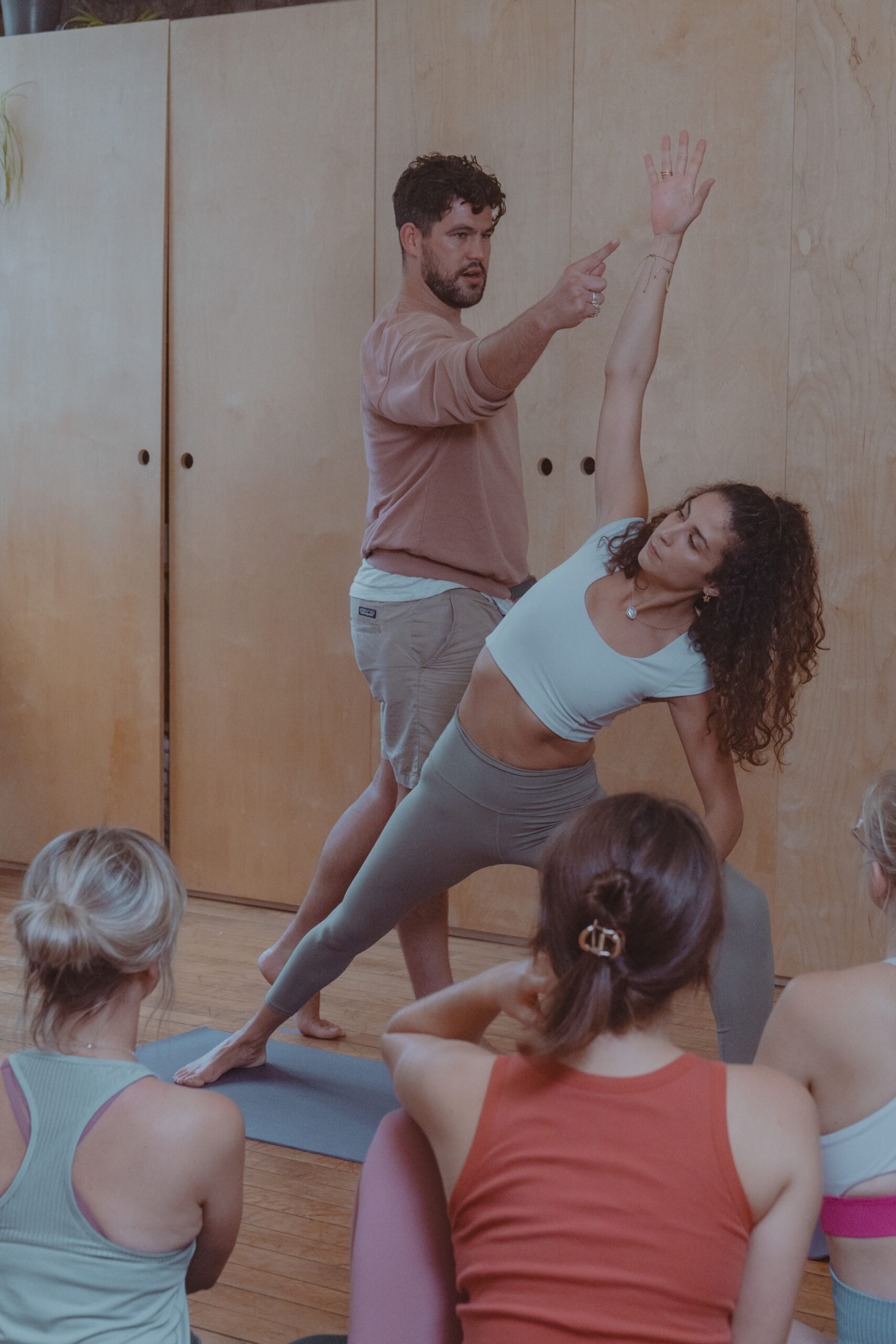“Qigong and its sister practices (such as tai chi) are not just a form of exercise, they are a way for us to learn about ourselves, develop the ability to self-regulate, and create lasting changes. They allow stress to take its place as part of a balanced whole.” – Josh Drewe, qigong teacher
When practising any form of exercise, it is easy to become stressed. Perhaps you are in a room with other people, and some of them are worryingly good, or maybe you feel that you need to beat a previous record and push yourself to achieve a goal. We can often slip into a state of mind that isn’t beneficial to us, that keeps us from being absorbed into what we are doing and reaping its full reward.
Stress – is it all bad?
The pressure of needing to pay bills, keeping up to date, marketing yourself (for those who are self employed), whilst constantly being fed information means that people are often living in state of high anxiety. We are even expected to be okay with all this, adding a further factor to worry about if it turns out we are not. Instead of breathing as we should – longer and deeper by default (associated with the restorative part of our nervous system – the parasympathetic), we have adapted to rapid, shallower breathing (connected to the action and emergency part of our nervous system – the sympathetic). The stress hormone ‘cortisol’ is allowed to run rampant though the system not because it is particularly useful, but because we have gotten used to it. This all adds up to an unnecessary build up of tension in both our bodies and minds and will become stagnated if we do nothing to release it and find a balance.
Stress can become a major issue, but it is also regularly misunderstood, demonised as being entirely negative – an insidious force that sneaks past you and steals your natural immunity away. Clearly, it can be detrimental to your health but it is generally only negative if it is chronic (built into your system after long periods of time). In fact, in the right amounts stress can be useful to you, expanding your boundaries and serving as a catalyst for growth and change. Stress is an essential part of our lives, it is the in-breath (compression) followed by the out-breath (release). Like with so many things, the problem is getting the balance right.
Balancing stress – what does that mean?
When speaking of balance here, I am not only referring to holding a pose (sometimes in convoluted positions), but of all aspects of the body working together as a whole.
View your body as a planet in space; when one side of you moves into day, the other side moves into night… The key point here is that neither side is more important than the other. The same is true of our bodies, minds and lifestyle – everything needs to work together as a collective whole for us to be ‘in balance’. As humans, our challenge is to apply this concept.
How does qigong fit in?
Qigong is primarily concerned with balance and the practical application of the concept. Like all holistic practices, it aims to bring equilibrium to mind and body. It sees chronic stress not as an issue in itself, but as a symptom of imbalance, the build-up of excess tension without sufficient release. For example, this includes the idea of the six directions (up, down, left, right, forward and backwards) and the need to develop an awareness of these and how these work simultaneously together. We aim to develop an inner stillness, a sense of being centred and expansive, and this regulates the pressures that we encounter. We can apply this developing calmness both in a studio class, surrounded by people we perceive to be better than us, or anywhere else.
‘Song’ – active relaxation
There is a concept in qigong and Taiji called Song (sometimes called Sung). This is a Chinese concept that is hard to translate into English, there is no equivalent word, but if you take loosening, releasing, relaxing, and undoing, you are part of the way there.
If you imagine your skeleton hanging from a thread attached to the ceiling (as though you are a puppet with one string), then, allow your muscles, tissues and so on to hang from your frame, this is song – active relaxation. Your bones lighten and lift, your tissues sink and release. The sinking of the larger muscle groups in the body puts gentle strain on the bones and the smaller, stabilising muscles, strengthening them. Your connective tissue also undoes and lengthens, meaning that the body feels increasingly open and has more potential. The process is of ‘allowing’ as opposed to ‘doing’, so that excess tension is never created. This is a form of stress at work in its most positive form; it is being balanced by release, and it re-crafts the body and mind to be more robust and better deal with both internal and external issues.
Allowing stress to be helpful
We need not fear stress. We just need to be aware of it and learn to use it positively as a barometer. We need to allow it to help us to be productive and creative, and understand it as part of something greater. In short, we can use it to our advantage but to do this we must know how. Qigong and its sister practices (such as tai chi) are not just a form of exercise, they are a way for us to learn about ourselves, develop the ability to self-regulate, and create lasting changes. They allow stress to take its place as part of a balanced whole.
Click here to book a qigong class with Josh Drewe.
Josh Drewe began learning tai chi and qigong from his father at the age of 16, and has now been practising for over 16 years. He practices various forms qigong, such as Zhan Zhuang and seated meditation, alongside teaching sets for general health and the various body systems (such as cardiovascular, digestive, and respiratory exercises). In his teaching, Josh encourages students to approach the body and mind holistically – focusing on relaxation and breath to increase the body’s potential. His teaching style concentrates on building confidence through gentle encouragement and mindful assistance.
